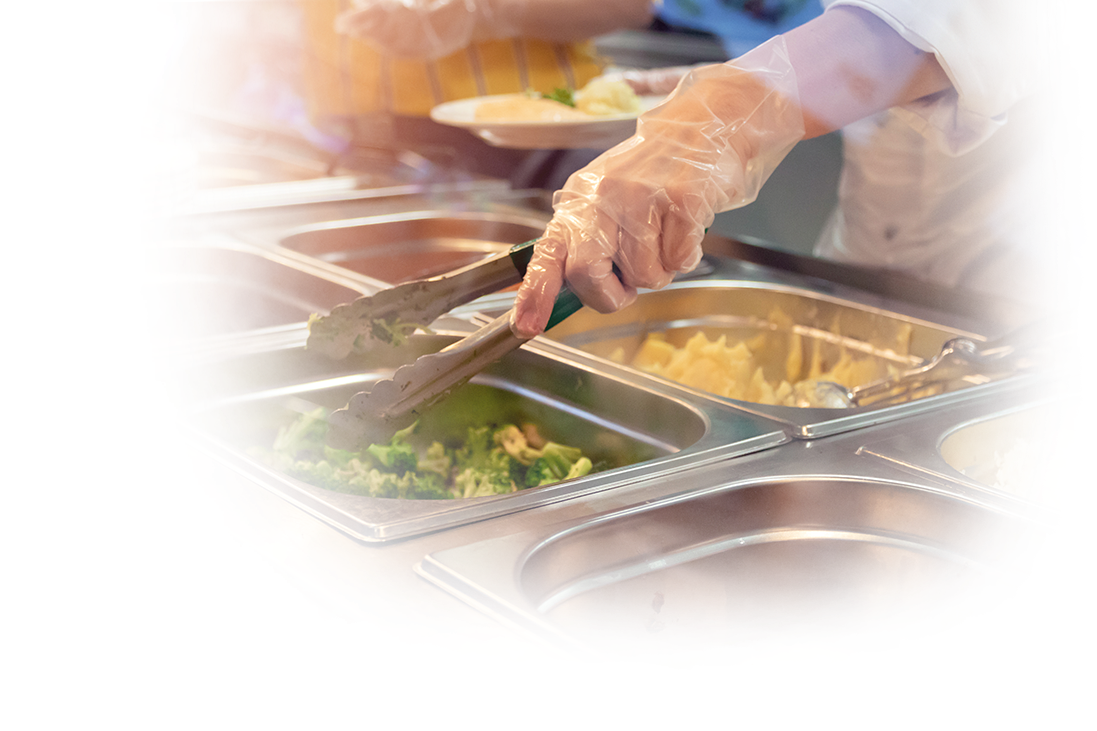This course has been assured by the Royal Society for the Prevention of Accidents (RoSPA) qualifications
It is a legal requirement that any member of staff who handles, prepares and serves food must receive adequate training, instruction and supervision in food safety for all the tasks they are asked to carry out. Any member of staff who is involved in food production, preparation or sale must have food hygiene training.
Developed by Janet Cousins, food safety expert, this food hygiene training course and certificate for schools and colleges will provide you with the knowledge and skills to ensure you are maintaining high-quality food hygiene standards.
Please note: This online food hygiene course consists of learning through video, task completion and further reading/research. Please consider this when planning and allocating your time. To successfully understand and achieve the objectives of the course, learners are expected to engage in all aspects of the learning process to ensure they can successfully apply the knowledge and skills they have gained in their own setting.
Designed in line with the following policies:
- The Food Safety (General Food Hygiene) Regulations 1995
- Food Standards Act 1999
- Food Safety Act 1990

